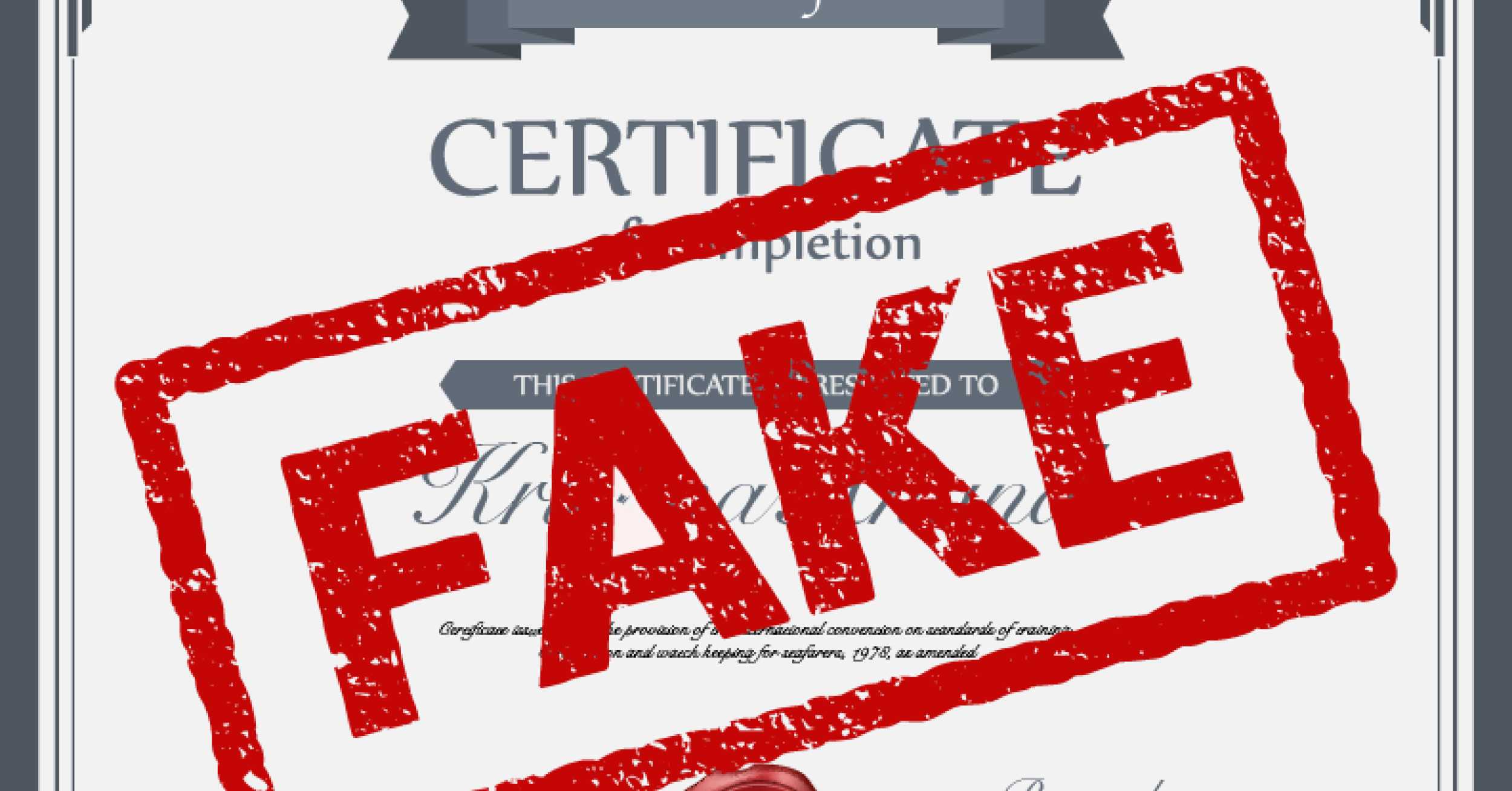Crackdown on Fake Certificates: EACC Demands Urgent Reforms in Universities and Colleges

The Ethics and Anti-Corruption Commission (EACC) has called on universities and colleges to implement stringent internal controls to combat the rising cases of student admissions using fake certificates.
This decisive action, the commission asserts, is key to restoring integrity in Kenya’s education system and curbing the growing menace of academic fraud.
A recent graduation ceremony in Mombasa was abruptly halted amid allegations that the institution was operating without proper accreditation and issuing counterfeit degree certificates.
The disruption not only dashed the hopes of eager graduates but also exposed a deep-rooted crisis—academic fraud is no longer an isolated issue but a widespread threat to Kenya’s higher education and public service sectors.
Over the years, cases of forged academic qualifications have infiltrated leadership circles, with some individuals securing admissions, jobs, and even political offices using falsified credentials.
From purchasing fake certificates to using documents that belong to others, the problem has eroded public trust in both academic institutions and governance.
In response, the EACC has issued a stern warning to universities and colleges, urging them to tighten their verification processes.
The commission insists that rigorous vetting of academic credentials is paramount if Kenya hopes to restore credibility in its education sector and leadership.
The prevalence of fake certificates is not just an academic scandal—it has far-reaching consequences. In the lead-up to the August 9 general election, the EACC flagged 241 aspirants over questionable academic qualifications.
This trend signals a dangerous culture of deceit that undermines both institutional integrity and public confidence in leadership.
The implementation of the Kenya National Qualifications Authority (KNQA) Act of 2014 was a step in the right direction, as it seeks to establish a globally recognized and competitive qualification framework.
By harmonizing education standards and maintaining a national database of all credentials, the act provides a critical safeguard against academic fraud.
However, more needs to be done. The EACC continues to play a pivotal role in verifying academic credentials for public and private sector job applicants. Universities, regulatory bodies, and employers must fully commit to robust verification procedures to ensure that only individuals with genuine qualifications ascend to influential positions.
Education institutions must also take a firm stand against certificate forgery. Failing to do so not only damages their credibility but also deprives deserving students of opportunities for higher learning and career advancement.
The fight against academic fraud requires a long-term, collective effort—one that prioritizes integrity over convenience.
With the EACC pushing for stronger internal controls, it is imperative that every stakeholder in Kenya’s education system embraces these recommendations.
Impregnable verification processes and uncompromising academic standards are not mere bureaucratic measures—they are essential safeguards to protect the future of Kenya’s education and leadership.







Comments (0)
No comments yet. Be the first to comment!